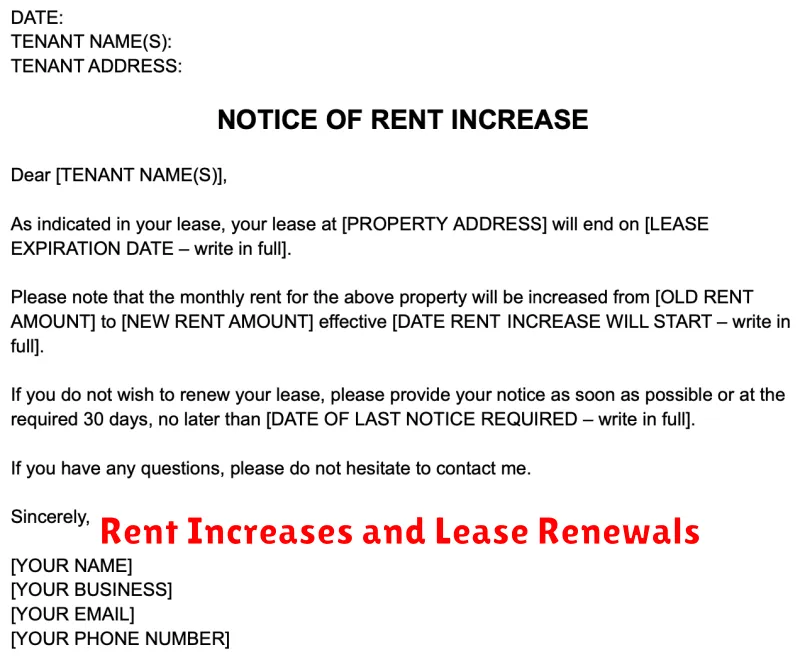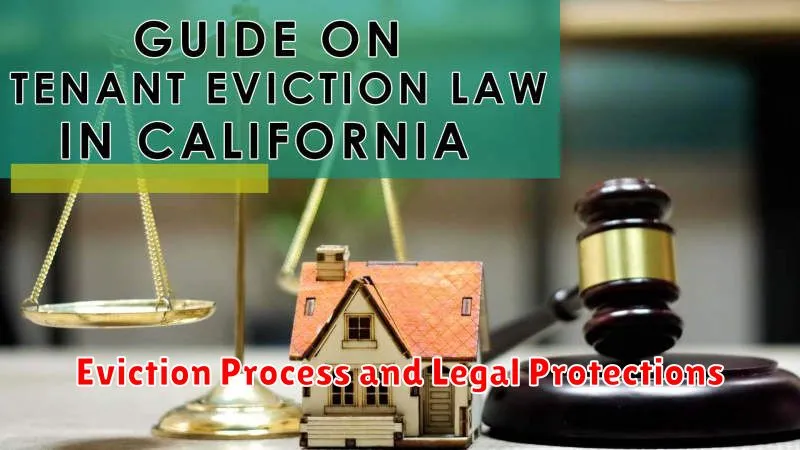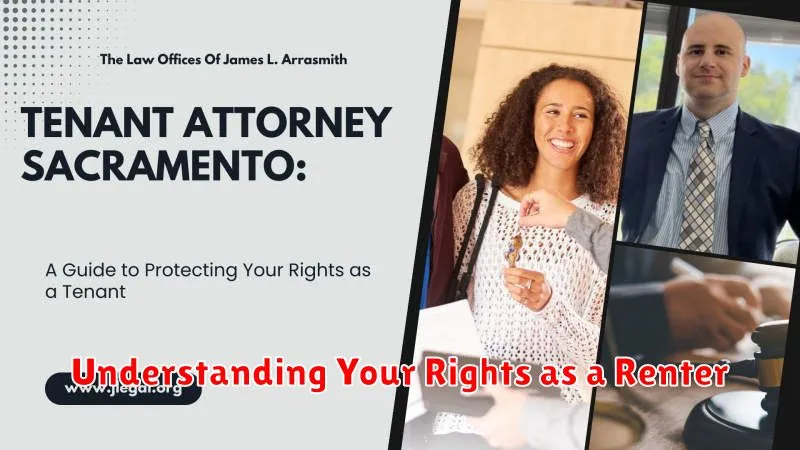Understanding your rights as a renter is crucial for a positive and legally sound tenancy. Whether you’re a seasoned tenant or just starting your rental journey, knowing your renter’s rights empowers you to navigate landlord-tenant relationships effectively. This article will provide a comprehensive overview of essential tenant rights, covering topics such as lease agreements, security deposits, maintenance responsibilities, and eviction procedures. By understanding these key aspects of renters’ rights, you can ensure a fair and equitable rental experience, avoid potential disputes, and protect yourself from unlawful practices.
From fair housing rights that protect against discrimination to the specifics of your state’s landlord-tenant law, this resource will equip you with the knowledge you need. We’ll explore lease agreement terms, delve into the nuances of security deposit regulations, and clarify the responsibilities of both landlords and tenants regarding property maintenance. Furthermore, we’ll examine the legal processes surrounding eviction, ensuring you understand your rights and options should such a situation arise. Empower yourself with the information necessary to confidently navigate your tenancy by understanding your rights as a renter.
Why Tenant Rights Matter
Tenant rights are crucial for ensuring fair and safe housing conditions. These rights protect individuals from unlawful eviction, unreasonable rent increases, and unsafe living environments. They establish a balance of power between landlords and tenants, promoting respectful and equitable treatment. By understanding and exercising their rights, tenants can ensure they are treated fairly and have access to safe, habitable housing. Protecting these rights fosters stable communities and contributes to a more just society as a whole.
Strong tenant rights help prevent exploitation and discrimination. Landlords are obligated to provide certain basic services such as functioning plumbing, heating, and a pest-free environment. Enforcement of these rights helps ensure that tenants are not subjected to substandard housing conditions or unfair treatment based on their race, religion, or other protected characteristics. Furthermore, clearly defined rights provide a framework for resolving disputes between landlords and tenants, reducing the likelihood of costly and time-consuming legal battles.
Having established tenant rights benefits not only individual renters but also the wider community. When people are secure in their housing, they are more likely to contribute positively to society. Stable housing allows individuals to focus on their work, education, and families, contributing to a stronger local economy and social fabric. Ultimately, protecting tenant rights is an investment in the well-being of communities and the overall stability of society.
Right to Privacy and Safety
The right to privacy and safety is a fundamental human right. It encompasses the protection of an individual’s personal information, physical safety, and freedom from unwarranted intrusion or surveillance. This right allows individuals to control their personal data and maintain a sense of security in their physical and digital environments. Respecting privacy and ensuring safety are crucial for fostering trust, promoting individual autonomy, and upholding human dignity.
This right is often enshrined in laws and international declarations. These protections aim to safeguard individuals from various threats, including unauthorized data collection, harassment, stalking, and physical harm. They establish boundaries for government and private entities, limiting their ability to access, use, or disclose personal information without proper justification or consent. Furthermore, these legal frameworks often mandate measures to enhance physical security and protect individuals from violence and crime.
Protecting privacy and safety requires a multifaceted approach involving individual responsibility, corporate accountability, and robust legal frameworks. Individuals can contribute by practicing safe online habits, being vigilant about their surroundings, and reporting suspicious activity. Organizations must implement strong data security measures, respect user privacy preferences, and comply with relevant regulations. Governments play a vital role in enacting and enforcing laws that protect citizens’ privacy and safety, while also providing effective mechanisms for redress and accountability.
Rent Increases and Lease Renewals

Lease renewals often come with rent increases. Landlords are generally allowed to raise the rent when a lease term expires, unless local regulations restrict such increases. It’s crucial to review your lease agreement carefully for any clauses related to renewal terms and potential rent increases. These clauses may specify the amount or percentage by which the rent can be raised, or they may outline a process for determining the new rent. Understanding these terms is essential for making informed decisions about renewing your lease.
If your lease doesn’t address renewals, consider it a month-to-month tenancy after the initial term expires. In these situations, landlords are typically still allowed to increase the rent, but they must provide you with proper notice, as required by your local laws. This notice period can vary, often being 30 or 60 days. Communicating with your landlord before the lease expires is highly recommended to discuss potential rent increases and renewal options.
Before agreeing to a rent increase, research comparable rental rates in your area. This research will help you determine whether the proposed increase is reasonable. If you believe the increase is excessive, you can negotiate with your landlord. If an agreement cannot be reached, be prepared to explore other housing options or, in some cases, challenge the increase through legal channels if applicable in your jurisdiction. Remember, knowing your rights and responsibilities as a tenant is essential during lease renewals.
Eviction Process and Legal Protections

Eviction is the legal process by which a landlord removes a tenant from a rental property. It’s crucial to understand that eviction must follow specific legal procedures. A landlord cannot simply lock a tenant out or remove their belongings. The process typically begins with a formal notice to the tenant, outlining the reason for eviction (e.g., non-payment of rent, lease violation). The notice period varies by jurisdiction and the reason for eviction.
If the tenant fails to comply with the notice (e.g., pay overdue rent or rectify a lease violation), the landlord can then file an eviction lawsuit with the court. This initiates a legal proceeding where both parties can present their case. The tenant has the right to defend themselves against the eviction, providing evidence and arguments against the landlord’s claims. If the court rules in favor of the landlord, a writ of possession is issued, authorizing law enforcement to remove the tenant and their belongings from the property.
Tenants have legal protections throughout the eviction process. These vary by jurisdiction but often include the right to proper notice, the opportunity to defend themselves in court, and protection against retaliatory eviction (eviction as punishment for asserting legal rights). It’s strongly recommended that tenants facing eviction seek legal counsel to understand their rights and responsibilities in their specific location.
Security Deposit Rules

A security deposit is a sum of money held by a landlord to cover potential damages to a property beyond normal wear and tear, unpaid rent, or other breaches of the lease agreement. Landlords are required to adhere to specific regulations regarding the amount they can collect, how it’s held, and under what circumstances it can be withheld. Tenants should carefully review their lease agreement and understand their local laws regarding security deposits to ensure their rights are protected.
The amount of the security deposit is often limited by state or local laws, often expressed as a multiple of the monthly rent. The deposit must be held in a separate account, distinct from the landlord’s operating funds. Landlords are typically required to provide tenants with information about the location of the deposit and the terms of its return. It is crucial for tenants to document the condition of the property upon move-in and move-out, preferably with photos or videos, to avoid disputes regarding damages.
Upon the termination of the lease, the landlord is obligated to return the security deposit, less any deductions for legitimate expenses, within a specified timeframe. These deductions must be itemized and accompanied by receipts or invoices. If a tenant disputes the deductions, they may have legal recourse to recover the withheld funds. Communication between the landlord and tenant is key to resolving any disagreements regarding the security deposit.
Fair Housing Laws Explained
Fair Housing Laws are designed to prevent discrimination in housing based on protected characteristics. These characteristics include race, color, national origin, religion, sex (including gender identity and sexual orientation), familial status (presence of children under 18, including pregnant women), and disability. These laws aim to create a fair and equitable housing market where everyone has an equal opportunity to obtain housing, regardless of their background or circumstances.
These laws cover a wide range of housing-related activities, including renting, selling, financing, and advertising. Landlords cannot refuse to rent to someone because of their religion. Lenders cannot deny a mortgage based on someone’s race. Real estate agents cannot steer clients towards certain neighborhoods based on their familial status. Violation of these laws can result in substantial penalties.
If you believe you have been discriminated against in housing, you have the right to file a complaint with the U.S. Department of Housing and Urban Development (HUD). You can also file a private lawsuit. It’s important to document all instances of suspected discrimination, including dates, times, individuals involved, and specific actions taken. This documentation will be crucial in supporting your claim.
Where to Get Legal Help as a Tenant
Tenants facing legal issues with their landlords have several resources available. Legal aid societies offer free or low-cost legal services to low-income individuals. You can also contact your local bar association for referrals to attorneys specializing in landlord-tenant law. Additionally, many cities and states have tenant rights organizations that provide advice and advocacy for renters.
Several online resources can also provide helpful information. Your state or city’s housing authority website may offer guidance on tenant rights and responsibilities. The Department of Housing and Urban Development (HUD) website offers resources on federal housing laws and programs. Finally, searching online for “tenant rights [your state]” can lead you to local resources and information.
Remember, understanding your rights and responsibilities as a tenant is crucial. Don’t hesitate to seek legal advice if you’re facing a housing issue. Taking action early can often prevent small problems from escalating into larger, more complex legal disputes.

